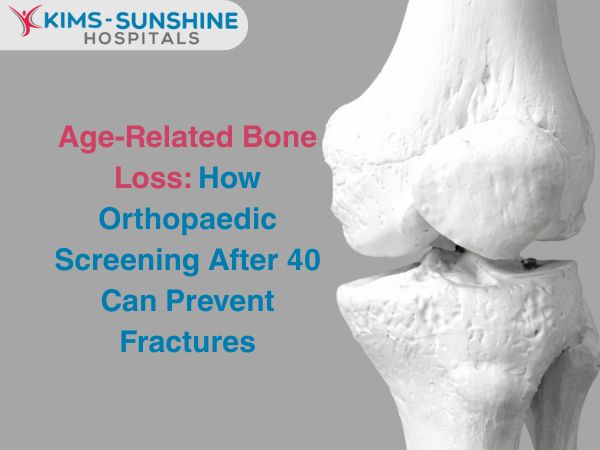
The Role of Fiber in Digestive Health and Weight Loss

Dietary fibre has long been thought to not be of much use, except in helping people prevent constipation. But, research has shown that fibre has many other uses in the body too. Fibre in general is found in abundance in fruits, vegetables, legumes, whole grains and other sources of foods. Fibre is a kind of carbohydrate which your body cannot digest and hence it is eliminated from the body in stool. This makes it fundamentally different from other types of foods which are broken down systematically and then absorbed by different cells in the body. There are 2 main types of fibre- soluble and insoluble fibre respectively. Soluble fibre is normally found in fruits and veggies and takes on a gel-like form in the stomach during digestion while insoluble fibre is found in whole wheat flour and other vegetables. Insoluble fibre is the one which can bulk the stool up, by increasing its volume, making it easier for people to poop on a schedule. Most plant based foods have both types of fibres in them.
The Importance Of Fiber In Maintaining Gut Health
Fiber is important for sure, but do you know how much you need to eat daily, for your gut and body to work perfectly? Research has led national organisations to come up with the following recommendations-
- Men below 50 years of age need about 40 grams of fibre per day.
- Men above 50 need 30 grams per day.
- Women below 50 years of age need at least 25 grams every day.
- Women above 50 years of age need 21-25 grams every day.
Now, when you look at these values, it may seem pretty low.But, look again, closely- a 100 gram banana has about 3 grams of fibre. A cup of veggies will give you 8-10 grams of fibre and that depends on which vegetable you are eating- if it is broccoli, cabbage, cauliflower, bitter gourds, beans, gourds or eggplants, for instance but it may be higher or lower with other veggies in the mix. This is why it is imperative that you eat multiple servings of fresh fruits and veggies, everyday. When you include whole grains too, you may get just enough fibre in one day. Eating enough fibre everyday will help your gut work well- they get fermented by gut bacteria and in turn you get some crucial nutrients like short chain fatty acids, Vitamin K etc. The short chain fatty acids have been known to help reduce inflammation in the gut- which means a lower risk of colitis, IBS, IBD etc.
The Connection Between Fiber Intake And Improved Digestion
More fibre means your stomach fills up faster and you will not overeat. This in turn means that your blood glucose levels will be within range or will be maintained, which is why it is super important for diabetic folk to eat enough fibre every day. Fibre helps regulate blood glycemic index and will hence reduce the probability of you having to deal with glucose spikes and crashes afterwards. When you eat in the right amounts, there is an increased chance of you losing weight and getting fitter. Fibre basically helps you feel fuller for longer because it takes up space and soaks up a lot of water in the gut. Obviously, this will get fermented by the bacteria and you get the good stuff like fatty acids and vitamins, but you may also have to deal with flatulence at times.
Conclusion
Benefits of soluble and insoluble fiber for digestion and weight loss have been well documented. Fiber in plants is basically sugars like cellulose, lignin, hemicellulose, inulin, oligosaccharides, pectins and resistant starches, basically. They can act as soluble and insoluble fibres at the same time, but too much fibre is not a great idea for people who suffer from IBS, Crohn’s disease etc. Their guts are already pretty sensitive and the extra fibre can place great strain on them. One of the main advantages is the by-products of digestion by the gut microflora- which are mainly anti-inflammatory in nature. This means it will help reduce the risk of suffering from heart disease, diabetes, constipation etc.






